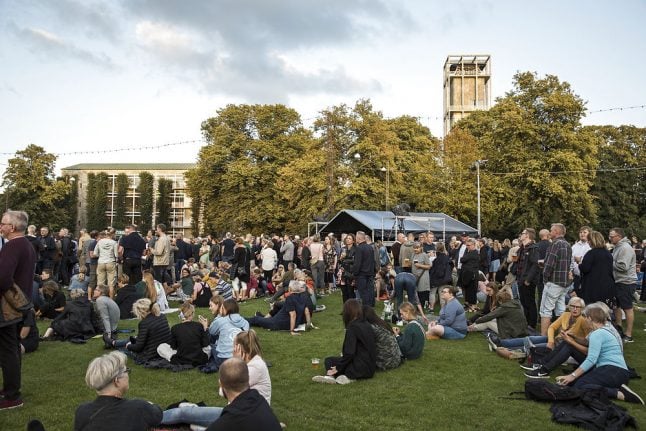If your postcode is 8000 – the number designated to central Aarhus – there’s a 1 in 2 chance you are in your twenties (or your neighbour is).
The area is the first in Denmark to reach a proportion of over 50 percent for residents aged between 20 and 29, broadcaster DR reports based on Statistics Denmark figures.
Around 72,000 people live within the postcode area, which covers the city centre, University Park and ‘Økvarteret’ (‘island neighbourhood’, so-called because streets are named after Danish islands).
The area is far ahead of any other postcode in the country in terms of its youthful demographics, although individual streets in central Copenhagen, Odense and Aalborg do come close to the 50 percent figure, DR writes.
Aarhus’ Social Democratic lord mayor Jacob Bundsgaard told the broadcaster the statistic was “cool” and suited the city’s image.
“It makes for a creative city and gives a good, rich cultural life with lots of energy,” Bundsgaard told DR.
“Young people do like to go out and paint the town red. A 43-year-old mayor can feel old when he walks through the city centre,” he added.
The location of Aarhus University, which is primarily within the ring road which encircles the centre of the city, is considered to be a major factor in attracting young people to live in the central district, despite ostensibly higher costs.
The population of Aarhus C – which has the 8000 postcode – has grown by 16,000 within the last 10 years, according to DR’s report, which calculated average ages by postcode using Statistics Denmark data.




 Please whitelist us to continue reading.
Please whitelist us to continue reading.
Member comments